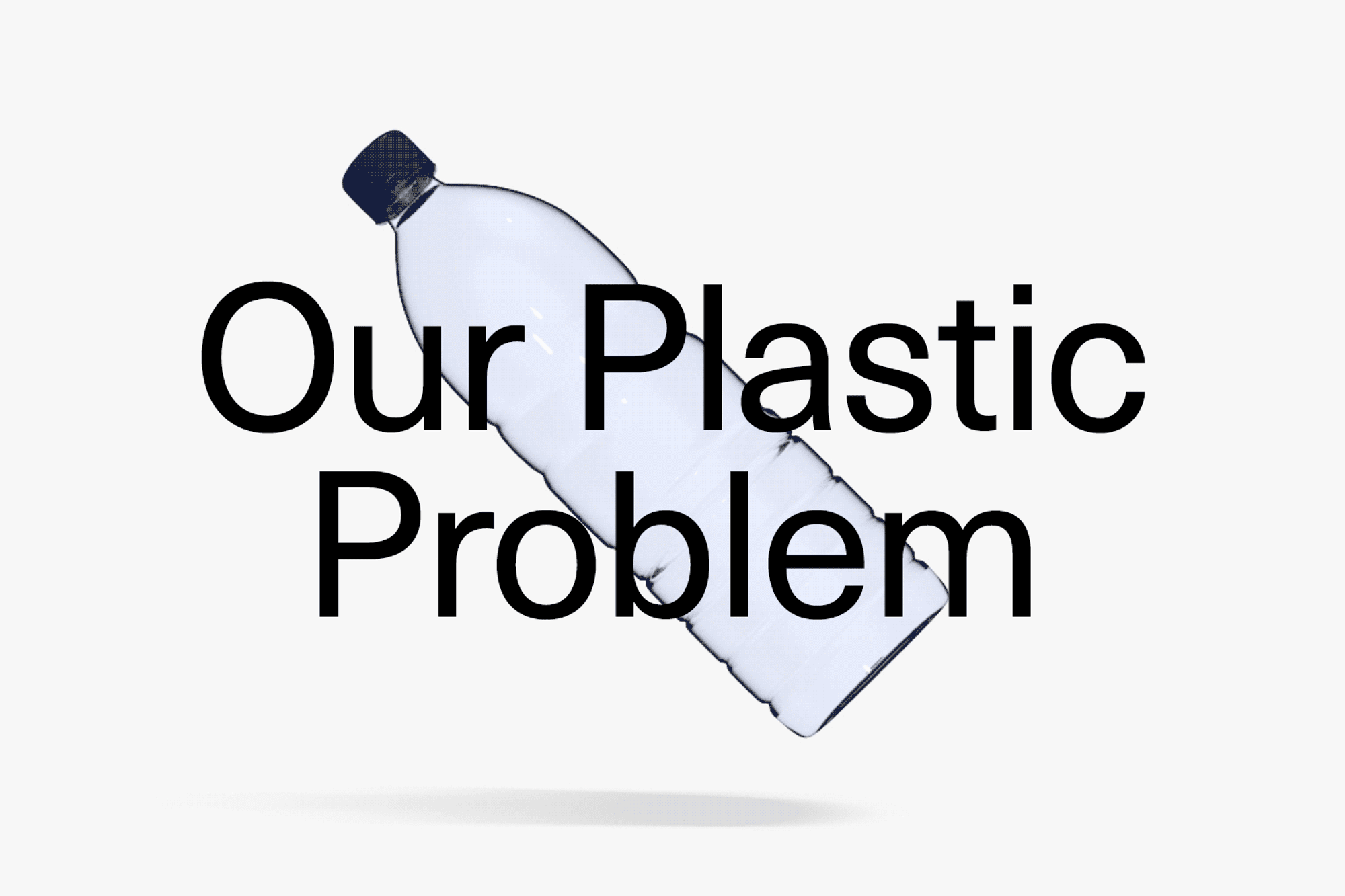
Science & Society 4:
Our Plastic Problem
We can’t go back to a world free of plastic pollution.
We designed a material that essentially lasts forever, and we throw it away, all day, every day. Each year, 270 million metric tons of plastic (and rising) are produced, and 8 million metric tons (and rising) enter the ocean. There are 500 times more pieces of plastic in the ocean than there are stars in our galaxy. It has infiltrated our food chain—there is plastic in our seafood, sea salt, drinking water, and beer. By 2050 there may be more plastic in the ocean than fish. What is this proliferation doing to ecosystems, society, and our bodies? How can we break our addiction to this modern material convenience? Our guests Professor Jenna Jambeck, professor at University of Georgia, and Dr. Dune Ives, executive director of Lonely Whale, join series host Dr. Ayana Elizabeth Johnson, Pioneer Works science scholar and founder of Ocean Collectiv, to grapple with the cultural, governmental, and corporate shifts needed to address our plastic problem.
Dune Ives is the executive director of Lonely Whale, where she designs and leads initiatives that address environmental degradation and species decline, with a focus on single-use plastics. Her expertise is in sustainability and environmental business issues for corporate, municipal, nonprofit, and philanthropic institutions.
Jenna Jambeck is a National Geographic Fellow and an associate professor at University of Georgia College of Engineering. She has been conducting research on solid waste issues for over 20 years with related projects on marine debris since 2001, specializing in global waste management issues and plastic contamination.
This project is supported by Science Sandbox, a Simons Foundation initiative dedicated to engaging everyone with the process of science.
